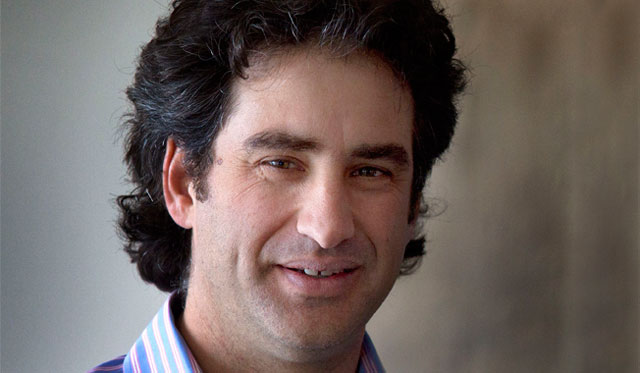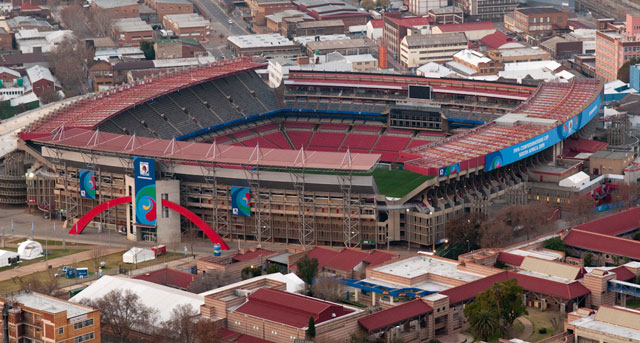
Telkom would have us believe that the only thing holding South Africa back from cost-effective Internet is a technical challenge. In fact, it’s greed, compounded by a lack of will and imagination.
For the most part, the really big players in telecommunications don’t want to fix the problem. Why should they when they can charge up to R2 000 for something that costs a fraction of that to deliver? That’s good business.
The smaller players, which most of us use to connect to the Internet — the Internet service providers — are hamstrung by the access layer owned by the big operators.
Ultimately, this is a delivery problem. The goods are in the warehouse, the customers are keen to buy them, but the cart has two old donkeys pulling it along the dusty road. There are trucks available — brand new ones — many of them are parked outside our front doors, but there is no one to offload the goods and bring them into the kitchen. And the kitchen door is also locked shut. Double bolted.
Ultimately, the issue is one of perspective and priorities. Provision of Internet access should not be seen as a get-rich-quick scheme — it is a basic right, like access to water, electricity, health care and education. It’s something the government and our municipalities should be involved in delivering, but there’s an immense shortage of capacity.
So, it’s up to the private sector, or in partnership with the state — not the “traditional” private sector but rather an enlightened private sector willing to take a parastatal or public sector view. Instead of looking for a one- or two-year return on investment, what’s needed is a five- to seven-year window, and perhaps bringing the view that the delivery of telecoms is not an end in itself but rather an enabler of something else.
The state could raise R40bn in less than an hour on the international bond markets on a prospectus to provide cost effective broadband to 80% of the population living in urban and other built-up environments.
The Maboneng Precinct in Johannesburg is an example of leveraging other parts of a business through excellent Internet access. The precinct is an urban renewal project on the eastern side of the central business district — a 150 000sq m development and growing to 600 000sq m and beyond. While renewing the buildings in the area, the developer, Propertuity, has allowed Maboneng Broadband to develop a world-class fibre network in the area.

What’s needed are business models and terms of engagement with organisations that own and manage the fibre in and around our cities and connect to international Internet peering points. It’s then about building future-proof open-access networks within buildings that can be made available at fair prices to interested service providers. The key here is building an open-access passive network layer separate from the service provider layer so that market forces can police pricing and service delivery.
In Maboneng, and working with Neotel, we are delivering 40Mbit/s broadband at prices starting at R329/month for 20GB of bandwidth. This is three times the global average speed, but it’s still not perfect. There are start-up costs. We would like to introduce an uncapped product, perhaps at slower speeds. The customer sign-up process is not ideal. But it’s a start, a peg in the ground, and it shows what’s possible. As the name Maboneng, which means “place of light”, suggests, it can be a benchmark for the rest of the country and the continent.
For those of you that can’t wait, perhaps it’s time to move back to the city centre.
See also:

